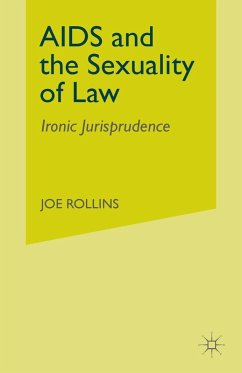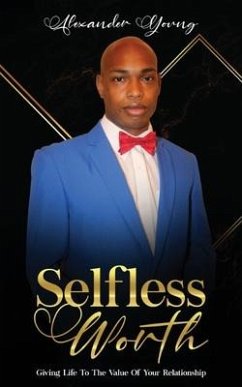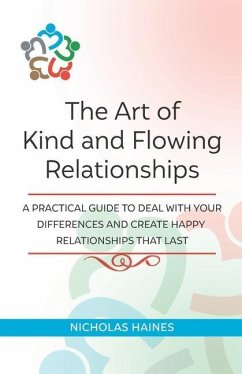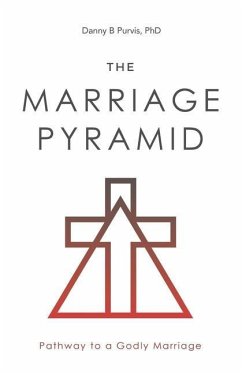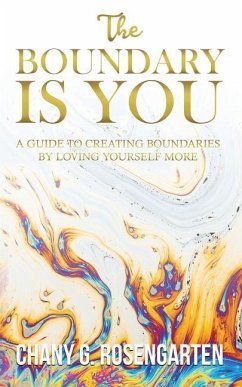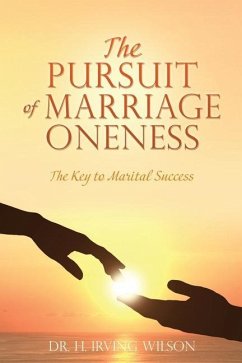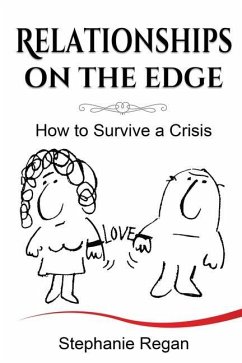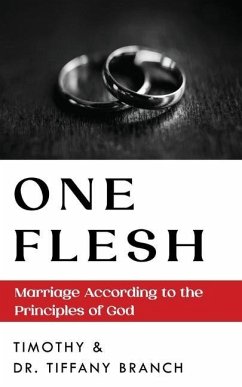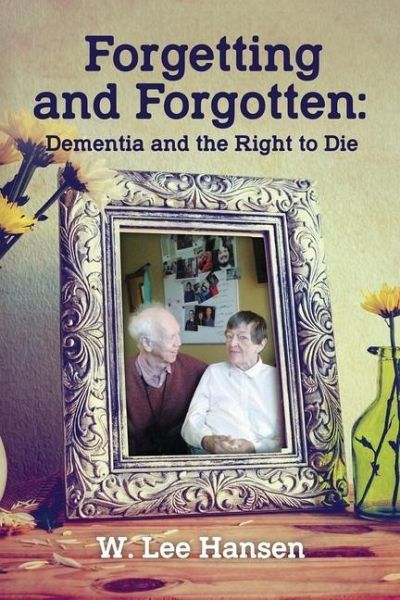
Forgetting and Forgotten
Dementia and the Right to Die
Versandkostenfrei!
Versandfertig in über 4 Wochen
14,99 €
inkl. MwSt.

PAYBACK Punkte
7 °P sammeln!
My wife Sally suffered and died after a decade-long struggle with dementia. Her experiences retold here along with my own as her caregiver can help people making a similar end-of-life journey. To assist them I propose and discuss a humane way to deal with dementia at the end of life one that Sally believed in and would have enthusiastically endorsed for herself: the Right to Die. Because Sally could not exercise her right to die we had to endure her traumatic final years in memory care as she struggled with her steadily worsening affliction forgetting who she was and what gave meaning to her l...
My wife Sally suffered and died after a decade-long struggle with dementia. Her experiences retold here along with my own as her caregiver can help people making a similar end-of-life journey. To assist them I propose and discuss a humane way to deal with dementia at the end of life one that Sally believed in and would have enthusiastically endorsed for herself: the Right to Die. Because Sally could not exercise her right to die we had to endure her traumatic final years in memory care as she struggled with her steadily worsening affliction forgetting who she was and what gave meaning to her life with the result that both she and I were relegated to the ranks of the forgotten. The book includes a "Tool Box" of resources to assist individuals who are seeking help and support in their caretaking endeavors. I hope this book will stimulate readers to think differently about how we die and how we should be allowed to die.





